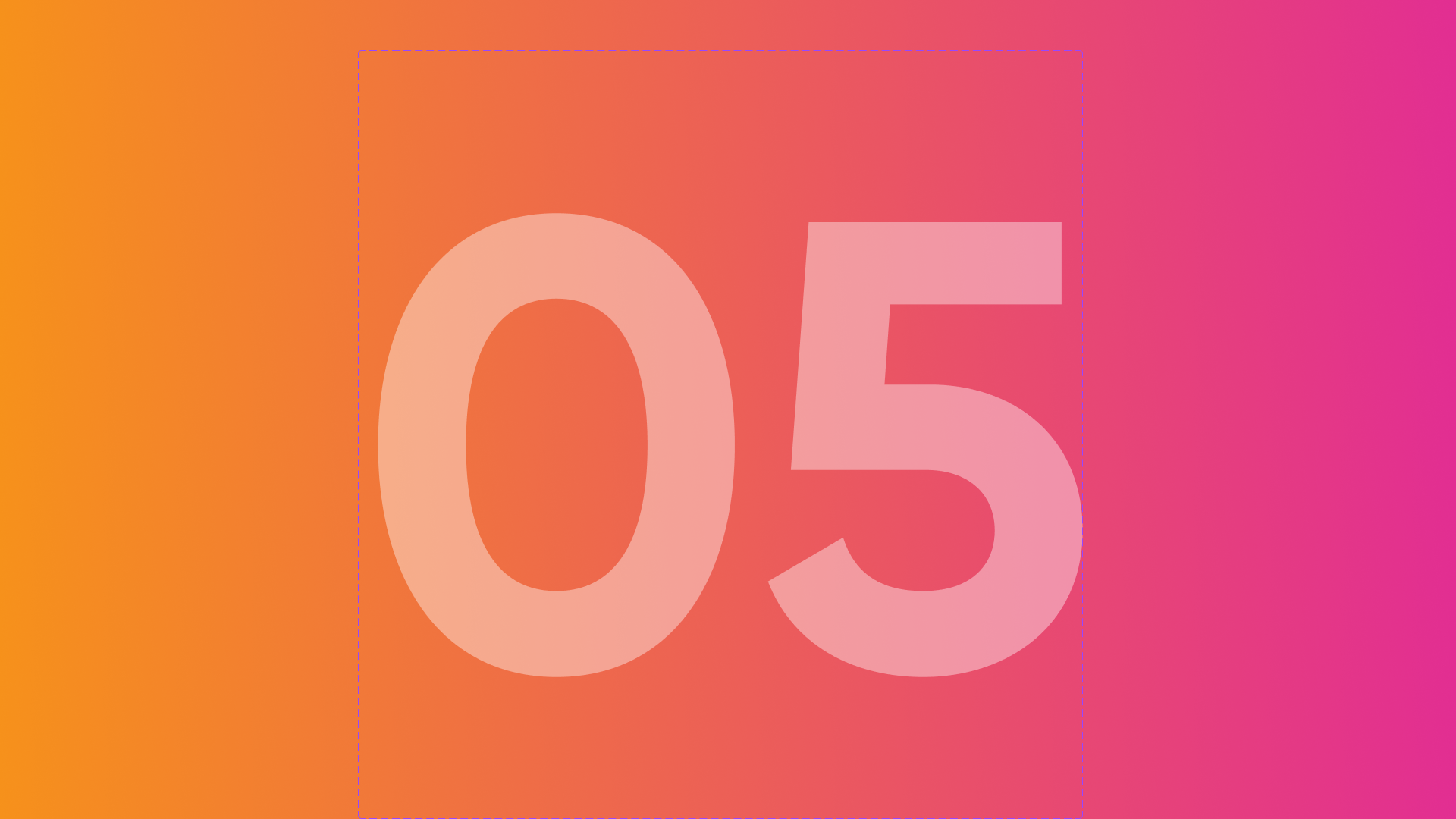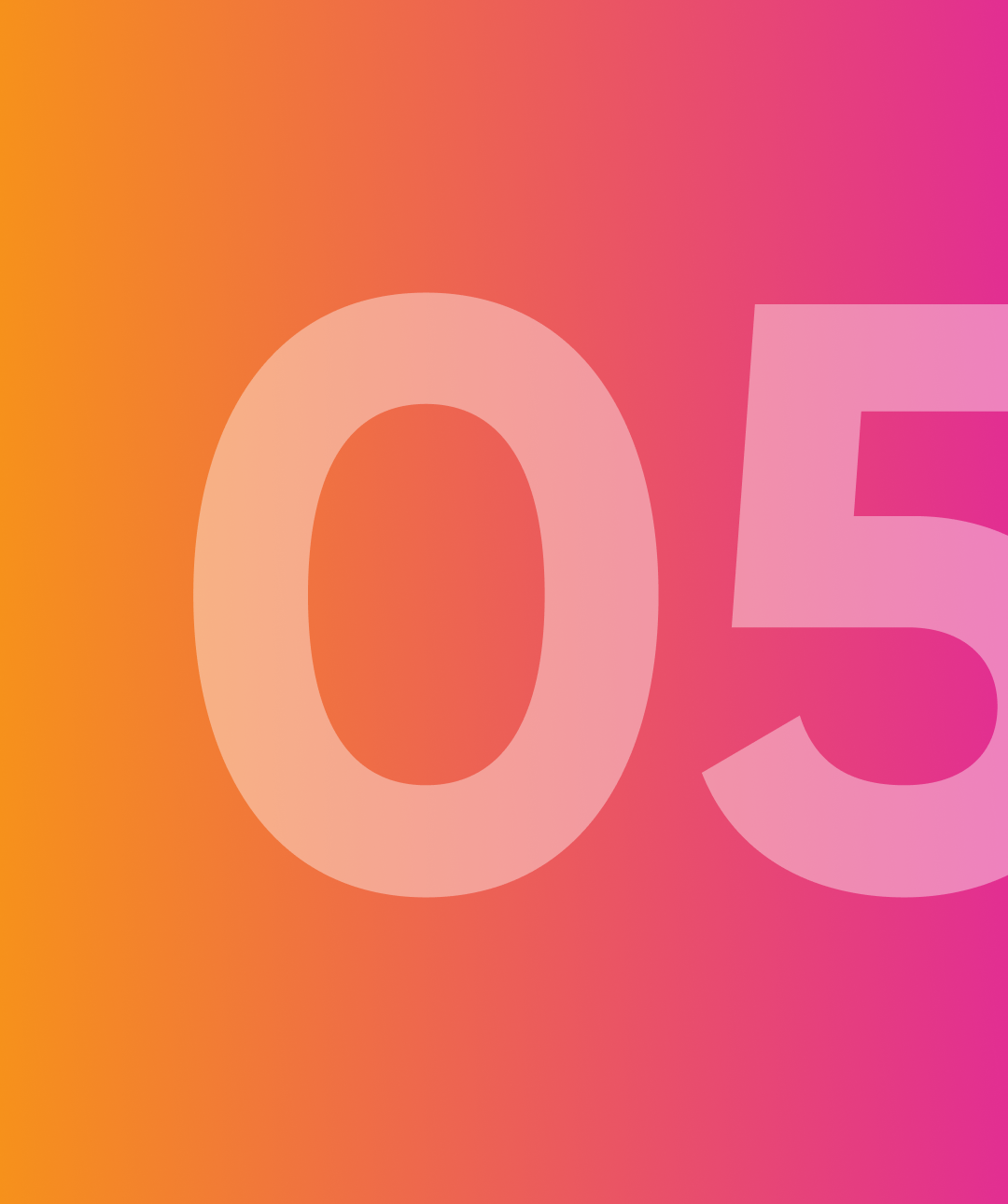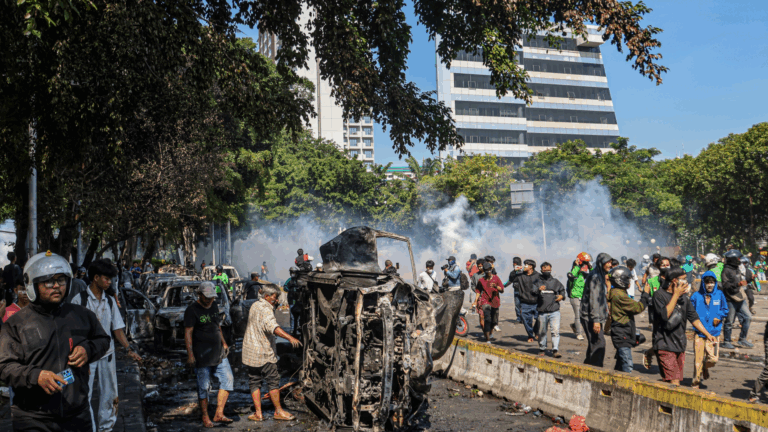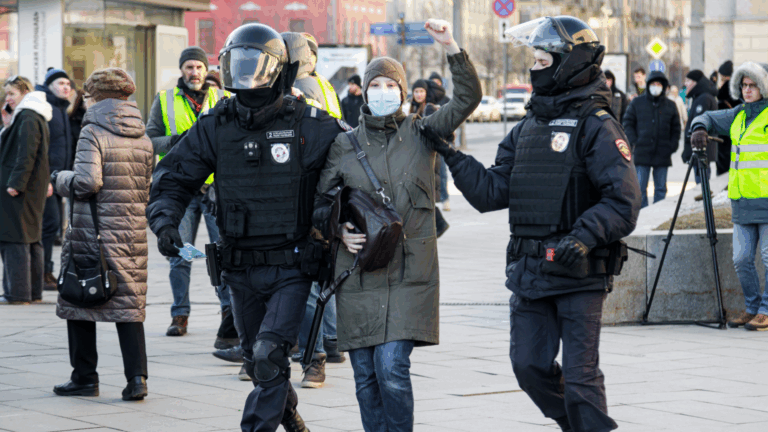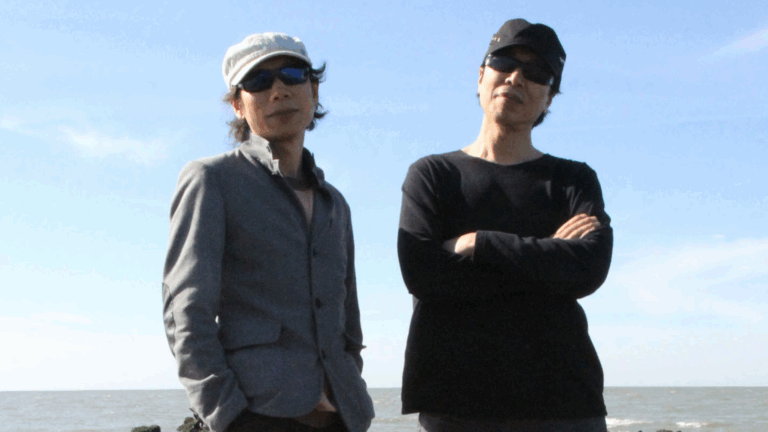Mutiny Wallet | Fedimint Expansion
Mutiny Wallet is an open-source, non-custodial bitcoin and lightning wallet available as a progressive web app and Android app. Last week, they announced the first release of Fedimint support. Users will be able to add a Federation alongside their existing wallet or start one without being required to open channels or pay on-chain costs. For now, users will need a federation invite code to access this functionality, which promises elite levels of privacy by making a tradeoff to trust a handful of custodians instead of just one, making it harder for anyone to steal funds.
Opensats | New Grants
Opensats is providing long-term support for Tobin Harding to continue his work on rust-bitcoin, a library that supports the Bitcoin network protocol, which is important for projects like Fedimint, LDK, and BDK. According to an Opensats blog post, Harding’s goal is to get rust-bitcoin to a version 1.0.0 release, along with underlying components such as rust-secp256k1, rust-bech32, bitcoin_hashes, and others. To date, Opensats has made 76 grants supporting freedom tech projects.
Amboss | Ghost Addresses
Lightning company Amboss has introduced a Ghost Address: “a static, reusable endpoint that makes receiving payments into self-custody seamless and straightforward. Anyone running their own lightning node will be able to have a Lightning Address without needing a custodial third party or publicly accessible server.” Attempts to make receiving Lightning donations easier are critical for human rights activists, so this is a welcome development. Read more at Amboss’ website for the benefits and limitations of this new technology.
Blink | New Features
Blink — an open-source, custodial wallet that markets itself as “the everyday Bitcoin wallet” — recently rolled out the latest version of their app. Looking back, 2023 saw a significant number of new features added to Blink, such as NFC contactless payments, transaction batching for fee savings, Blink circles, and LNURL paycodes. Blink has been a useful tool for grassroots Bitcoin adoption worldwide, like in El Salvador, Peru, Namibia, and beyond. Activists need self-custodial solutions, but custodial wallets like Blink can be helpful for onboarding purposes and using small amounts of bitcoin.
Argentina | Bitcoin Adoption
Argentina’s minister of foreign affairs, Diana Mondino, confirmed that contractual obligations and debts can be settled in bitcoin. A week later, President Milei proposed incentives for Argentines to declare their cryptocurrency holdings. Those who declare their holdings before March 31 will be subject to a 5% tax rate, while those who declare it by Nov. 30 will be subject to a 15% tax rate. This is part of a broader global trend of many governments trying to regulate and oversee Bitcoin adoption instead of trying to ban it flat-out.
HRF x Pubkey | Bitcoin for Financial Freedom
HRF & PubKey — a Bitcoin-themed bar and event space in New York City — are partnering on a new monthly series to discuss how Bitcoin and other freedom technologies can help advance human rights across the world. We kick off our series on Thursday, Jan. 18, at PubKey by hearing about how Bitcoin is helping to unlock new energy and financial freedom for individuals across Africa. Speakers include Btrust board member Carla Kirk-Cohen, PubKey founder Thomas Pacchia, and HRF Financial Freedom Director Christian Keroles. Get your tickets here.


